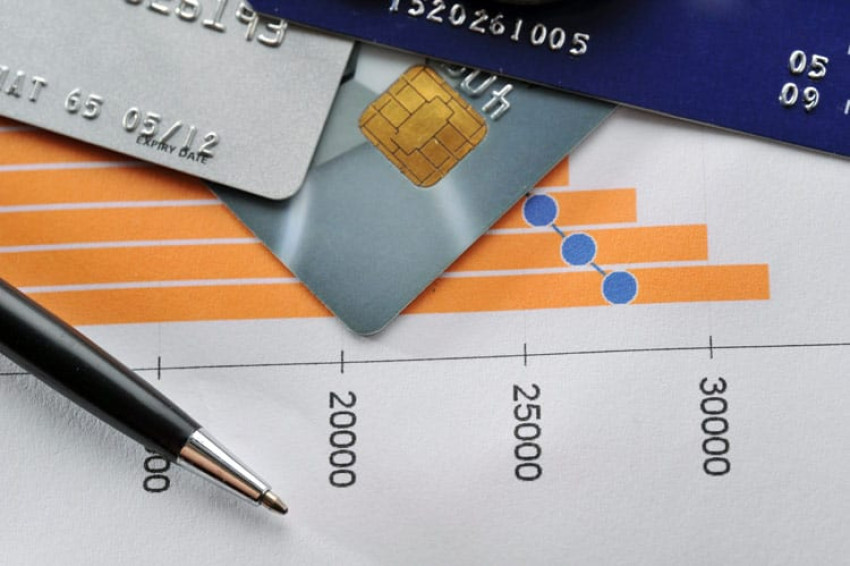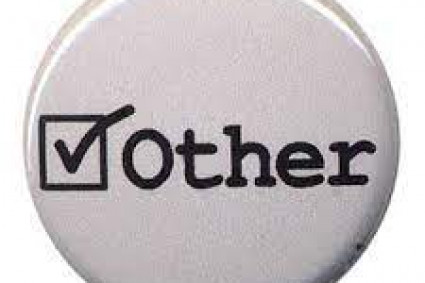
When you use credit responsibly, you not only avoid debt traps but also establish a solid credit history that gives you a wider and better range of credit options. Due to the fact that credit card companies disclose your credit history with the main credit bureaus, even a single error you make with your first credit card might follow you for years. You may create and maintain long-term creditworthiness by being aware of the difference between the principal on your credit card account, your fees and interest rates.
What is Credit Card Principal
The principal on a credit card is the amount that you use, transfer, or advance to yourself. For instance, if you purchase a vacuum cleaner, the purchase is added to your credit card balance and counts toward the principal used to compute your interest. Examples of principal include using your card to withdraw cash from an ATM, transferring funds between cards, or making a purchase with your credit card. Many people get into debt by overcharging for unnecessary items. For more information on the various rates for various principal balances, read the terms of your credit card agreement.
Types of Credit Card Interest Rates
If you've ever read your cardmember agreement, you've probably noticed that different types of transactions have different interest rates. You can make wiser financial judgments if you are aware of the costs.
Purchase Interest Rate
You'll pay this amount in interest on regular purchases. If you don't pay your entire balance by the due date on your credit card, you will often be charged a purchase interest rate of 20 to 22%. There is a grace period during which interest-free payments are permitted, but if you miss that deadline, interest will start accruing on the day you made the purchase.
Cash Advance Interest Rate
You can use many credit cards to make ATM withdrawals. This is referred to as a "cash advance," and it carries an interest rate that is often greater than the rate that is used for purchases. You should be aware that purchasing lottery tickets, sending money through wire, and using gambling websites are all considered cash advances.
When you need some additional cash, using your credit card to get fast cash could sound really cool, but "wrong" is the key word here, not "cool." While getting some quick cash may be convenient, there is a significant cost associated with doing so.
Balance Transfer Interest Rate
You can transfer your balance from one credit card to another with some cards. This service is helpful for those who don't want to manage many credit card payments or who wish to consolidate their debt to save money. The rate for balance transfers could be lower or similar to the rate for cash advances. But make sure you know if transferring a balance will also cost you fees.
Promotional Interest Rates
Many low-interest credit cards provide a promotional interest rate for balance transfers. You can benefit from a promotional rate to transfer a balance from a card with a higher interest rate to one with a lower interest rate if you have a balance on that card.
Penalty Interest Rates
If you have a history of making late payments, the majority of credit cards will impose a fee or default interest rate. Generally, your charges won't increase if you miss just one payment. However, your interest rates will rise if you skip two payments in a row, say over the course of a year. By paying at least the minimum payment every month, you can avoid paying these penalty interest rates.
Fees
Various fees are imposed by credit card companies to help them turn a profit. For some cards, there is an annual fee. Some demand a fee if your charges exceed your credit limit. You may incur additional fees if you miss a payment or are even a day late. You might pay a fee when you transfer a balance that is a modest proportion of the amount you transfer, particularly if you earn a low-interest promotional period. Check each statement to see if you've been charged any fees.
The Minimum Payment Pitfall
You might be in for a shock if you believe that by making the minimum payment each month, you can pay off your balance. A part of the minimal monthly payments, which are normally estimated at around 2% of your balance, will still be used to pay interest on your account. For instance, if the minimum monthly payment on a principal balance of $1,000 is $30 or 3%. But keep in mind that for the first month, your cost increases by $18.75. Therefore, by merely making the $20 minimum payment each month, you have only reduced your principal balance by $11.25. At about $11.25 a month, it will take a long time to pay off $1,000.
How Can I Reduce My Credit Card Interest Rate?
The issuer of the credit card sets the interest rates, which are not negotiable. You will pay the amount specified in the terms of your cardholder agreement. However, despite the fact that you cannot alter the interest rate, there are several steps you can take to lower the amount of interest you pay:
- Always make a full monthly payment. There is nothing for the lender to charge interest on if there is no balance. Pay beyond the minimum payment if you are unable to pay the entire bill. As a result, the balance on which interest will be charged decreases.
- Don't wait until the due date of your bill. Lower your average balance by making payments on time.
- Steer clear of cash advances and related financial operations like wire transfers and lottery ticket purchases.
- It is preferable to utilize your credit card purely for that purpose rather than applying for a cash advance. You'll likely pay no transaction fee and pay less interest overall. Instead of relying on cash advances, it would be better to open a savings account that you may utilize for emergencies.
- Take the smallest cash advance you can if you must. Transaction fees can occasionally be expressed as a percentage of the loan amount, so the bigger the advance, the higher the transaction fee.
- Apply for a credit card with a low interest rate.
- Use any promotional interest rates available for balance transfers, and try to pay off your debt during the promotional period.
- Do not max out your credit card
Conclusion
Consult a financial counselor if you're struggling to make your monthly interest payments and would like some advice on how to alleviate this burden. The debt experts at EmpireOne Credit can help you get rid of your debts and restore financial independence by providing you with a solution that is customized for your current situation. Book a free consultation with us today!
Author Bio:
EmpireOne Credit Solutions have dedicated their lives to providing Fix Bad Credit services and we stand by your side throughout your entire case. Contact us today if you have any questions about starting the process.



